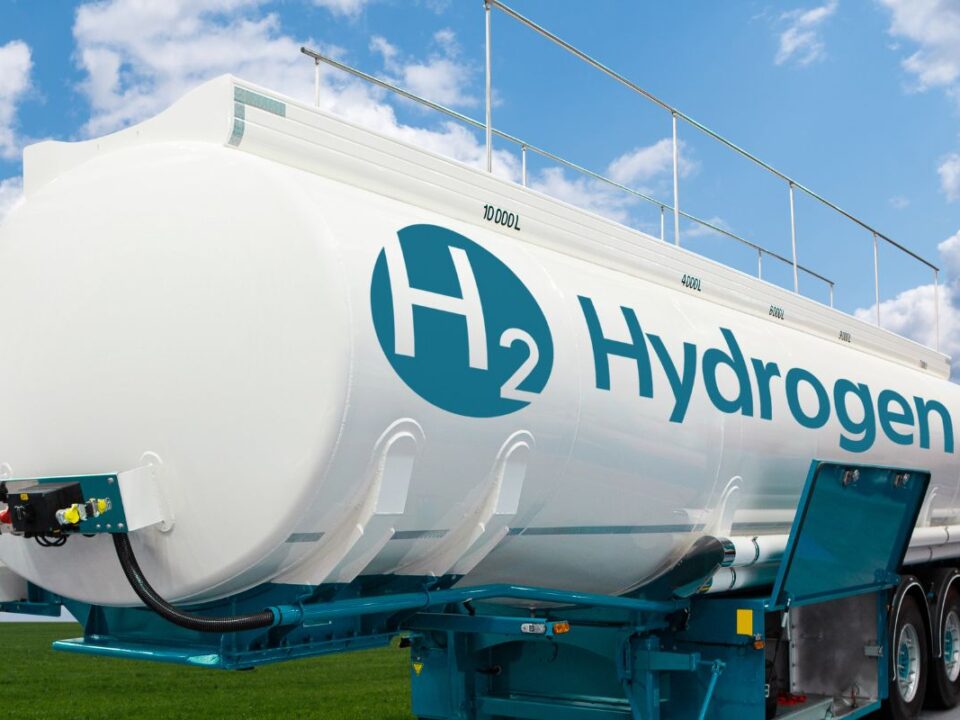What Is Process Safety Management and Why Is It Important?

Fire Safety Audit in Workplace – By TheSafetyMaster
August 7, 2021
Hazard and Operability Study (Hazop Study) – An overview
August 21, 2021Employees of a company are often away from their families, on the road at odd hours, and working on specialized projects that take lots of effort to stay up to date. All this adds up to an easy recipe for disaster if the right precautions aren’t taken. If an employee is injured or killed on the job due to a safety hazard, the employer could be held liable for negligence depending on the circumstances surrounding the event. This makes it vital for employers to ensure they are taking all possible safety precautions in industrial environments, which is why hiring trained professionals can be so important. What is process safety management? A thorough process safety management system aims to prevent hazards before they happen by examining all aspects of production.
Process Safety Management (PSM) is significant. ISO also defines this as a process management system for controlling hazards and risks. The focus of this is on improving processes to ensure they meet all the protocols set by the concerned authorities. These protocols demand that there be some actions in place in case that if any of the systems fail, it won’t damage people’s health or the production capacity of the industry.
Process Safety Management: A Brief Overview
Process safety management is a multidisciplinary field that encompasses many important aspects of preventing and mitigating industrial accidents at facilities with hazardous processes. It’s a systematic approach to managing risk that involves integrating all aspects of an organization so they work together toward a common goal. Process safety in the industrial sector is used to refer to the examples of process safety management found in the oil, gas, chemical, mining, and other industries.
Process safety management is a set of concepts and practices that combine a process approach with risk-management techniques. The purpose of managing or risk-managing processes is to identify hazardous conditions and events, avoid their consequences, and minimize potential damage. Commonly used in industry, process safety management principles also apply to personal processes such as managing household activities in addition to more formal business procedures.
Process safety management is a process in which safety hazards related to physical processes are identified, analyzed, and controlled. A process hazard analysis (PHA) is a tool used in process safety management to determine potential hazards. After identifying the risks and hazards of an operation or complex system, controls need to be established to ensure the operation or complex system can operate safely when the risks/hazards are present. It usually includes performance evaluation of protective equipment and reviewing the controls which are active during day-to-day operation.

How to Implement Effective Process Safety Management into Your Organization?
In the current work environment, due to the process industry’s continuous growth and advancement of engineering technology, Process Safety Management (PSM) has become a dominant operating strategy. Although PSM can be useful in mitigating incidents and losses within a plant or facility, if not implemented correctly into all levels of the business it can be costly to any organization. By taking a proactive approach to implement effective process safety management in your facility you will help limit risk and develop a policy that is sustainable with today’s volatile marketplace.
Backed by a team of marketing professionals, we have established ourselves as a leading global provider of cost-effective but quality-driven process safety management training solutions. Today, there are no shortages of providers that offer process safety training for a wide variety of industries and organizations. But, it would be great if the course materials such as books used within these training contained not only quality information, but also real-life examples and case studies detailing how various organizations were able to implement tried and tested processes into their organization to achieve wonderful results.
Process Safety Management (PSM) is a proactive approach to safety management that focuses on risk reduction. PSM helps ensure safe systems of work in your organization and can prevent catastrophic accidents in our communities. Implementation of effective PSM requires the participation of all levels of employees in an organization. Key factors, such as leadership, commitment, and employee education are essential to the success of the implementation.
Why Is Process Safety Management Important?
Process safety management is the science of the safe and sustainable handling of chemicals, materials, and other hazardous substances. It’s used in a wide variety of industries, from oil refineries to breweries to hospitals. Whether you’re working for a chemical manufacturing company or another industry like manufacturing or power, process safety is an essential component of your job. Careers in this field offer a variety of challenges while providing plenty of opportunities for personal growth.
Process Safety Management, as the name suggests, is a safety-based management system that enables organizations to manage their process and products. This includes identifying the hazards present in a product or process and dealing with them safely. Strong safety culture in an organization is paramount for ensuring that all the rules and regulations are adhered to meticulously. In today’s manufacturing industry, process safety management is important to help prevent incidents. A number of natural and human-caused disasters occurred in the 1990s in the industries of oil, chemicals, and other power plants. However, industry experts suggest that these hazards can be managed with a thorough process safety management program.
Need of Process Safety Management
There is a clear need for process safety management. Every accident is being treated as a serious event and every preventable accident should be prevented in the future. There are many factors that are involved in human error like fatigue, addictions, alcohol, mental stress, high workload, poor training and etc.
Process safety management is one of the main techniques that are specifically used for the maintenance of processes. There different techniques and methodologies are also available in the market that is suitable for the maintenance of processes, but process safety management is one step ahead of all these methodologies. This technique has several benefits. The prime benefit of this technique is it’s cost-effective and reduces operational costs on a long-run basis.
Process safety management (PSM) is a risk-based hazard control process, which protects employees and the environment from accidental release of toxic materials, harmful physical agents. In PSM, all actions are taken to avoid any injury or damage resulting from work-related activities. A process safety management system is designed to prevent serious injury resulting from equipment failure.
How TheSafetyMaster can help:
- We conduct a Process Safety Management Audit
- We provide documentation for all elements of the Process Safety Management
- On-site/ Online Training
Please contact us at info@thesafetymaster.com or 7665231743 with your inquiry



